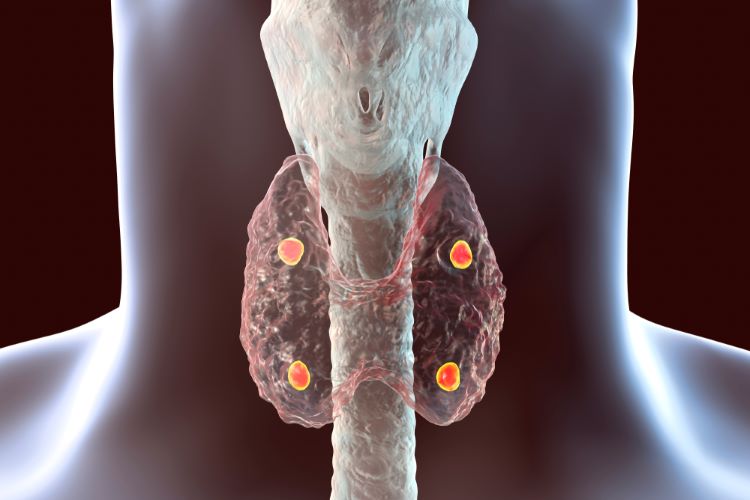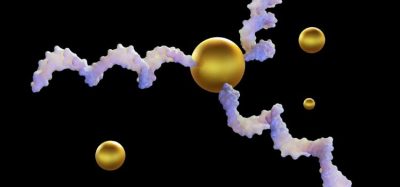AstraZeneca agrees novel $1 billion endocrine acquisition
Posted: 18 March 2024 | Catherine Eckford (European Pharmaceutical Review) | No comments yet
As part of the proposed acquisition, Alexion (AstraZeneca Rare Disease) will add a therapeutic to its pipeline that has potential to “shift the treatment paradigm” in hypoparathyroidism.


For a total of up to $1.05 billion, AstraZeneca has agreed to acquire the biotech Amolyt Pharma, to advance a novel treatment for hypoparathyroidism, a rare disease.
CEO of Alexion, AstraZeneca Rare Disease, Marc Dunoyer, explained that the proposed acquisition will facilitate the company’s expansion into rare endocrinology.
Under the terms of the agreement, Alexion will be able to add eneboparatide (AZP-3601), which has a novel mechanism of action, to its pipeline.
The Phase III investigational therapeutic peptide eneboparatide “has the potential to lessen the often debilitating impact of low parathyroid hormone and avoid the risks of high-dose calcium supplementation,” Dunoyer noted. “Chronic hypoparathyroid patients face a significant need for an alternative to current supportive therapies, which do not address the underlying hormone deficiency”.
This deal also includes $800 million upfront upon the closing of the deal, as well as the right for Amolyt Pharma’s shareholders to receive an additional contingency payment of $250 million, subject to a certain regulatory milestone.
Strong Phase II data suggest eneboparatide has the potential to improve outcomes for patients and to shift the treatment paradigm for hypoparathyroidism”
“This agreement offers the opportunity to meaningfully advance our pipeline therapies. Strong Phase II data suggest eneboparatide has the potential to improve outcomes for patients and to shift the treatment paradigm for hypoparathyroidism, and we look forward to seeing the continued advancement of the Phase III trial,” Thierry Abribat, CEO of Amolyt Pharma commented.
About the rare disease endocrine therapeutic
According to AstraZeneca, eneboparatide bind with high affinity to a specific conformation of the parathyroid hormone (PTH) receptor 1. Specifically, by regulating and maintaining normal serum calcium levels, the treatment helps to manage symptoms of hypoparathyroidism as well as support the preservation of bone mineral density. Another key benefit is that it can help prevent a patient with this rare disease to develop chronic kidney disease.
The transaction is expected to close by the end of the third quarter this year, according to Alexion. This is subject however, to certain customary closing conditions.
Earlier developments in Alexion’s rare disease pipeline include sebelipase alfa (Kanuma ®▼) becoming the first treatment to be recommended for infants with Wolman Disease by the National Institute for Health and Care Excellence (NICE), in November 2023.
▼ This medicine is subject to additional monitoring.
Related topics
Clinical Development, Clinical Trials, Industry Insight, Mergers & Acquisitions, Pipelines, Research & Development (R&D), Therapeutics









